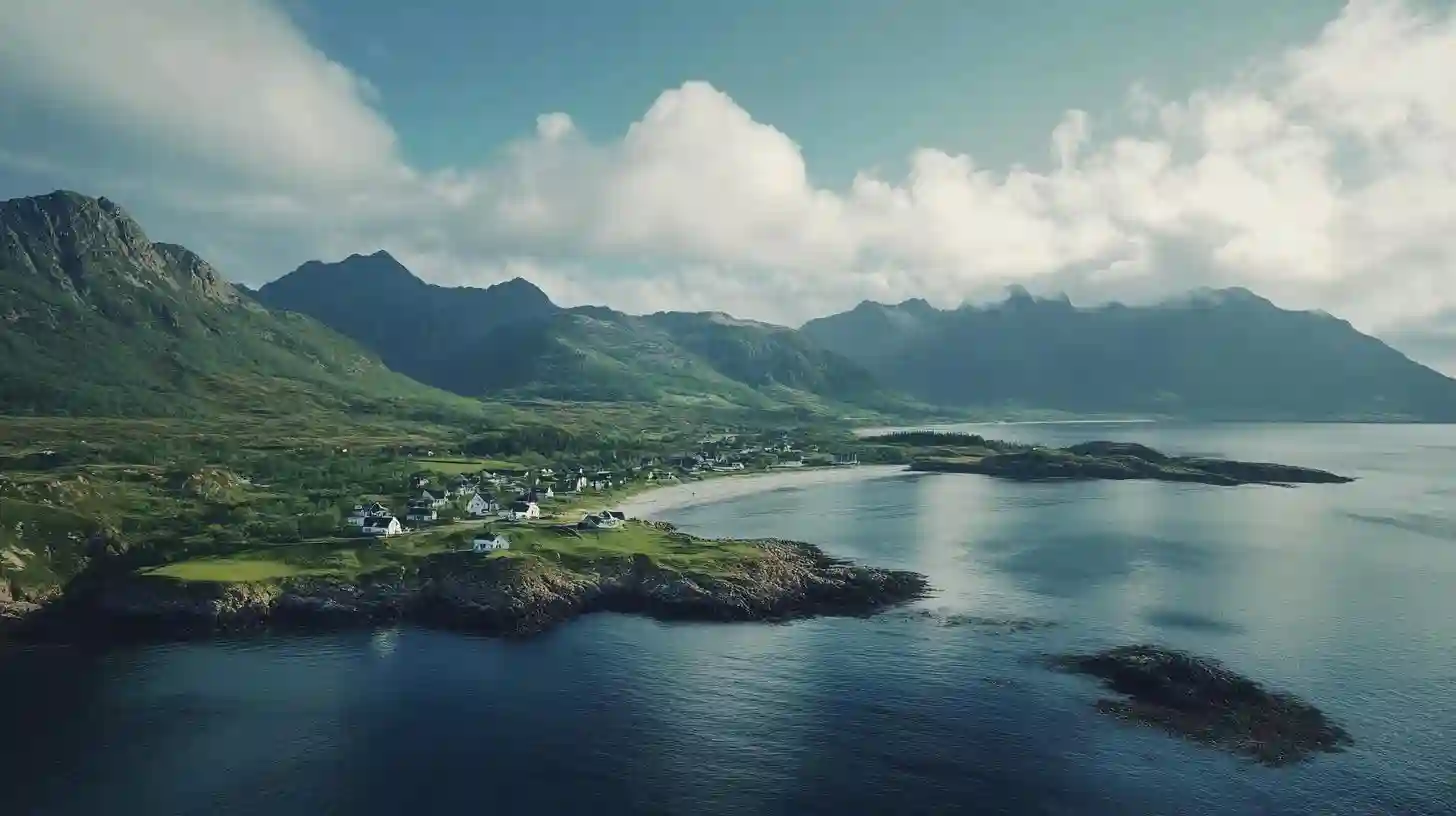
Wetlands are crucial ecosystems, providing habitat, flood protection, and water purification. However, they face threats from urbanization, pollution, and climate change. Conservation efforts are gaining momentum, highlighting the importance of protecting these vital areas. Through collaboration and sustainable practices, we can ensure wetlands continue to thrive for future generations.
**The Vital Role of Wetlands in Ecosystem Health**
Wetlands, often called the Earth's natural kidneys, are essential ecosystems that maintain the ecological balance of our planet. These unique areas, characterized by water, soil, and vegetation, provide numerous benefits crucial for sustaining life both within and around them. Understanding wetlands’ importance involves exploring their functions, which range from water purification to supporting biodiversity.
One of the primary roles of wetlands is filtering pollutants from water. As water flows through these ecosystems, various natural processes occur. The roots of wetland plants, like cattails and reeds, trap sediments and absorb nutrients, preventing harmful substances from entering larger water bodies. This filtering process not only enhances water quality but also helps prevent algal blooms, which can harm ecosystems and pose threats to human health. By acting as natural filters, wetlands ensure the water we rely on is clean and safe.
Wetlands also serve as crucial buffers against flooding. During heavy rainfall or snowmelt, they absorb excess water, mitigating flood impacts on surrounding communities. Wetland soils, often sponge-like, can hold large volumes of water and release it slowly over time. This controlled release helps maintain streamflow levels, reducing the risk of downstream flooding. By providing natural flood control services, wetlands protect human settlements while enhancing landscape resilience.
Moreover, wetlands play a vital role in carbon storage and climate regulation. The vegetation in these areas captures carbon dioxide from the atmosphere, sequestering it in biomass and soil. This process is essential for combating climate change by reducing greenhouse gas concentrations. Additionally, wetland soils decompose organic matter more slowly due to their anaerobic conditions, allowing for significant long-term carbon storage. Thus, wetlands are critical allies in the fight against global warming.
Biodiversity is another key aspect of wetlands. These ecosystems host a wide variety of plant and animal species, many uniquely adapted to wet conditions. Migratory birds rely on wetlands as stopover points during their journeys, while amphibians and fish depend on them for breeding and growth. The diverse habitats created by varying moisture levels and vegetation types support a rich web of life. Consequently, protecting wetlands is fundamental to conserving these species and ensuring healthy ecosystems.
Wetlands also provide cultural and economic benefits to society. Many communities depend on these areas for fishing, hunting, and ecotourism, with wetlands supporting local economies and food security. Additionally, they hold cultural significance for Indigenous peoples and local communities, playing vital roles in their traditions and spiritual beliefs. Thus, preserving wetland ecosystems supports both biodiversity and cultural heritage.
Wetlands offer abundant education and research opportunities that illuminate ecological processes and species interdependence. They serve as natural laboratories for studying climate change, water quality, and habitat restoration. Understanding wetland dynamics enables researchers to develop effective conservation strategies and inform policy decisions aimed at protecting these invaluable resources.
Despite their numerous benefits, wetlands are threatened by human activities, including urban development, agriculture, and pollution. Such pressures can lead to habitat degradation and loss, jeopardizing both ecological services and the biodiversity that relies on these areas. Growing awareness of wetlands' importance has spurred conservation and restoration efforts across many sectors. Organizations, governments, and communities are increasingly working to protect existing wetlands and rehabilitate degraded ones, ensuring future generations can benefit from these vital ecosystems.
By recognizing wetlands as integral components of our environment, society can take meaningful steps toward their preservation and sustainability.
Cuisine





















